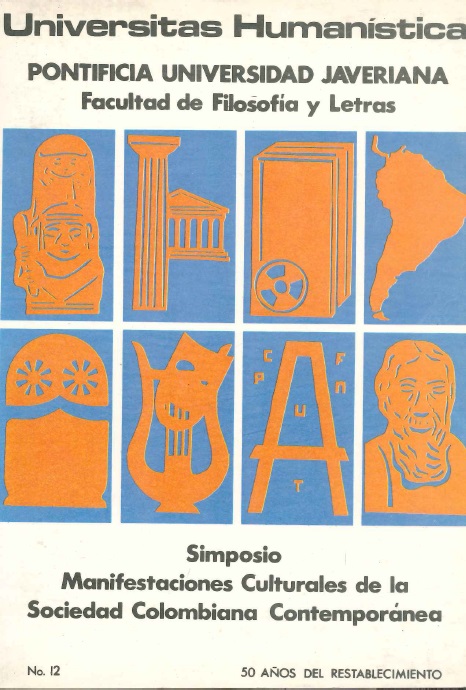Abstract
En palabras de D.P. Gorsky y P.V. Tavants "La. cognición o conocimiento es un proceso en virtud del cual el mundo circundante se refleja en la conciencia del hombre. Al influir éste, mediante su actividad práctica, sobre la realidad material, entra en conocimiento de las distintas partes que la componen, descubre las leyes de la naturaleza y de la sociedad" (Pág. 11).
El proceso de conocimiento empieza con las sensaciones que son el reflejo de las propiedades de los objetos y fenómenos sobre los sentidos. La percepción es el reflejo del conjunto de propiedades sobre la mente. Las imágenes que permanecen en la mente son sus representaciones. Este es el nivel sensorial del conocimiento que solamente se considera abstracto cuando pasa a ser pensamiento. En este segundo nivel del conocimiento se contienen las leyes de las relaciones. Sin embargo, el pensamiento ha tenido variantes que dependen del manejo de esas relaciones.

This journal provides immediate open access to its content on the principle that making research freely available to the public, encourages greater global exchange of knowledge.
The journal Universitas Humanística is registered under a Creative Commons Attribution 4.0 International Public License. Thus, this work may be reproduced, distributed, and publicly shared in digital format, as long as the names of the authors and Pontificia Universidad Javeriana are acknowledged. Others are allowed to quote, adapt, transform, auto-archive, republish, and create based on this material, for any purpose (even commercial ones), provided the authorship is duly acknowledged, a link to the original work is provided, and it is specified if changes have been made. Pontificia Universidad Javeriana does not hold the rights of published works and the authors are solely responsible for the contents of their works; they keep the moral, intellectual, privacy, and publicity rights.
Approving the intervention of the work (review, copy-editing, translation, layout) and the following outreach, are granted through an use license and not through an assignment of rights. This means the journal and Pontificia Universidad Javeriana cannot be held responsible for any ethical malpractice by the authors. As a consequence of the protection granted by the use license, the journal is not required to publish recantations or modify information already published, unless the errata stems from the editorial management process. Publishing contents in this journal does not generate royalties for contributors.


